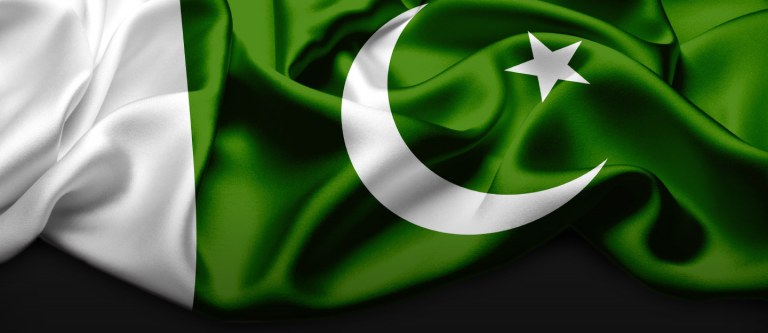History of pakistan
Pakistan, a South Asian nation, emerged in 1947.
It gained independence from British colonial rule.
The partition of India led to the creation of Pakistan.
Muhammad Ali Jinnah became the country's first leader.
Pakistan faced challenges of nation-building and governance.
Wars with India over Kashmir strained relations.
Pakistan's Rich
Historical Journey
Ancient Civilizations: The earliest evidence of human habitation in what is now Pakistan dates back to around 7000 BCE, with the Mehrgarh civilization in Balochistan. Over the centuries, the region saw the emergence of significant ancient civilizations, including the Indus Valley Civilization (2600-1900 BCE), which was one of the world's earliest urban societies. The Indus Valley Civilization had advanced urban planning, a system of writing, and traded with other cultures.
Islamic Empires: With the advent of Islam in the 7th century CE, the region became part of various Islamic empires. The Arab conquest brought Islam to the region, and it subsequently became part of the Umayyad and Abbasid Caliphates. In the 10th century, the region fell under the control of the Ghaznavid Empire followed by the Delhi Sultanate, which was founded by Turkish Muslim rulers.
Mughal Empire: The Mughal Empire, founded by Babur, a descendant of Timur and Genghis Khan, expanded its dominion to include parts of present-day Pakistan in the 16th century. The Mughals left a lasting cultural and architectural legacy, with notable landmarks like the Badshahi Mosque and the Lahore Fort.
British Rule: In the 18th and 19th centuries, the British East India Company gradually extended its control over the Indian subcontinent, including present-day Pakistan. The region was part of British India and experienced significant political, economic, and social changes under British rule.
Independence and Partition: As demands for independence grew in the early 20th century, the All India Muslim League, led by Muhammad Ali Jinnah, advocated for the creation of a separate homeland for Muslims. The British agreed to the partition of India in 1947, leading to the formation of two independent states: India and Pakistan. The partition resulted in widespread violence, mass migrations, and communal tensions between Hindus, Muslims, and Sikhs.
Early Years of Pakistan: Pakistan emerged as an independent country on August 14, 1947. Muhammad Ali Jinnah became its first Governor-General, and Liaquat Ali Khan served as its first Prime Minister. The early years were marked by the challenges of nation-building, the influx of refugees, and the integration of diverse regions into a single nation.
Wars with India: Pakistan and India have engaged in multiple conflicts since partition. The first major conflict occurred in 1947-1948 over the disputed region of Kashmir. Subsequent conflicts took place in 1965 and 1971, with the latter leading to the secession of East Pakistan, which became the independent nation of Bangladesh.
Military Coups and Political Instability: Pakistan experienced periods of military rule, with several coups d'état occurring in its history. The first military coup took place in 1958, led by General Ayub Khan. Subsequent military rulers included General Yahya Khan, General Zia-ul-Haq, and General Pervez Musharraf. These periods of military rule alternated with civilian governments, but political instability remained a persistent challenge.
Contemporary History: In recent years, Pakistan has faced various issues such as economic challenges, political unrest, terrorism, and regional tensions. It has made efforts to combat extremism and terrorism, while also striving for economic development and regional stability. Pakistan continues to play a crucial role in regional politics and maintains a complex relationship with neighboring countries, particularly India and Afghanistan.
This overview provides a glimpse into the history of Pakistan, but it is important to note that it is a vast and diverse nation with a rich cultural heritage and a complex social fabric. The country continues to evolve, facing numerous opportunities and challenges as it progresses into the futu

Comments
Post a Comment